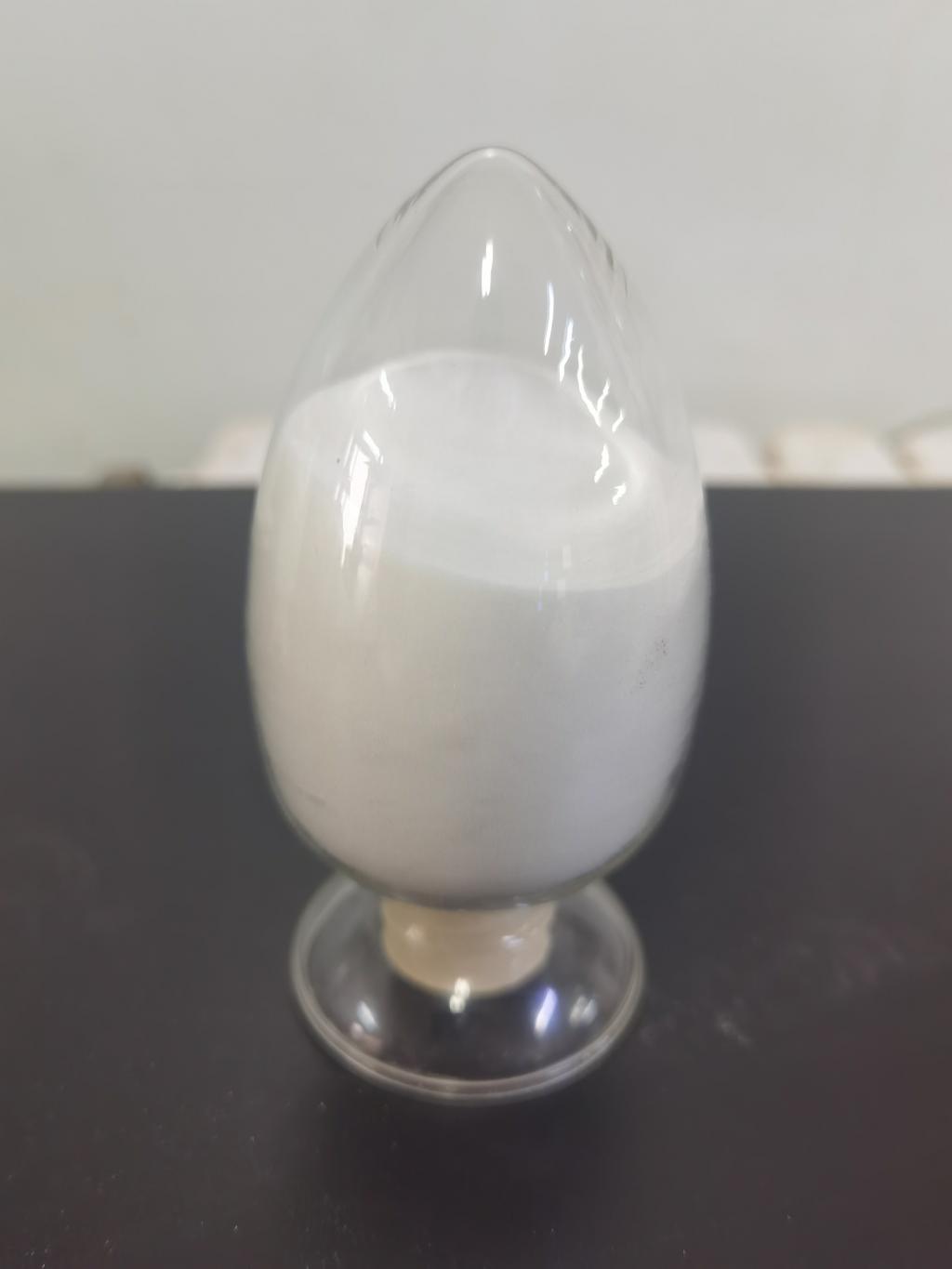Tel:0086 18231198596

News
ε-Polylysine Hydrochloride in Precision Veterinary Medicine Targeted Health Interventions
TIME:2024-03-13
Disease Prevention:
Preventing diseases is a cornerstone of veterinary medicine, and ε-Polylysine hydrochloride offers a promising approach to reducing the incidence of infectious diseases in animals. As a natural antimicrobial compound, ε-Polylysine hydrochloride inhibits the growth of pathogenic bacteria, viruses, and fungi, thereby reducing the risk of infections. By incorporating ε-Polylysine hydrochloride into animal feed or water supplies, veterinarians can provide continuous protection against common pathogens, particularly in high-risk environments such as intensive farming operations or animal shelters.
Furthermore, ε-Polylysine hydrochloride can be administered as a topical treatment to prevent wound infections and surgical site complications in animals. Its broad-spectrum antimicrobial activity and low risk of antimicrobial resistance make it an attractive option for prophylactic use in veterinary practice. In PVM, veterinarians can use data-driven approaches, such as predictive modeling and risk assessment, to identify animals at higher risk of infection and target ε-Polylysine hydrochloride interventions accordingly, thereby maximizing the impact of disease prevention strategies.
Health Promotion:
Promoting animal health and well-being is a central goal of precision veterinary medicine, and ε-Polylysine hydrochloride offers unique benefits in this regard. In addition to its antimicrobial properties, ε-Polylysine hydrochloride has been shown to have immunomodulatory effects, enhancing both innate and adaptive immune responses in animals. By stimulating immune cell activity and cytokine production, ε-Polylysine hydrochloride helps animals mount a more effective defense against pathogens and other stressors.
Supplementation with ε-Polylysine hydrochloride can also improve gut health in animals, promoting a balanced microbiota and reducing the risk of gastrointestinal disorders. Studies have demonstrated the efficacy of ε-Polylysine hydrochloride in improving growth performance, feed efficiency, and overall health outcomes in livestock and companion animals. In PVM, veterinarians can tailor ε-Polylysine hydrochloride supplementation protocols based on individual animal characteristics, health status, and environmental factors, thereby optimizing health promotion strategies and enhancing animal well-being.
Treatment Efficacy:
ε-Polylysine hydrochloride can enhance the efficacy of veterinary treatments by reducing the risk of secondary infections and improving antimicrobial effectiveness. In combination with conventional therapies, such as antibiotics or antifungal agents, ε-Polylysine hydrochloride can synergistically inhibit microbial growth and enhance treatment outcomes. By minimizing the development of antimicrobial resistance and reducing treatment failure rates, ε-Polylysine hydrochloride contributes to more sustainable and effective veterinary care practices.
Furthermore, ε-Polylysine hydrochloride can be used as a delivery vehicle for targeted drug delivery in veterinary medicine. By encapsulating therapeutic agents within ε-Polylysine hydrochloride nanoparticles or microparticles, veterinarians can achieve controlled release and targeted delivery to specific sites within the body. This targeted approach enhances treatment efficacy while minimizing systemic side effects, improving patient compliance, and reducing treatment costs. In PVM, veterinarians can leverage ε-Polylysine hydrochloride-based drug delivery systems to optimize treatment regimens and tailor interventions to individual animal needs, thereby maximizing treatment efficacy and minimizing adverse effects.
Conclusion:
ε-Polylysine hydrochloride holds significant promise as a targeted health intervention in Precision Veterinary Medicine (PVM), offering opportunities for disease prevention, health promotion, and treatment efficacy enhancement in animals. By leveraging its antimicrobial and immunomodulatory properties, veterinarians can provide personalized and effective healthcare solutions for livestock, companion animals, and wildlife. Moving forward, continued research and innovation in ε-Polylysine hydrochloride-based interventions are needed to optimize its efficacy, safety, and applicability in PVM practices. By integrating ε-Polylysine hydrochloride into PVM strategies, veterinarians can advance animal health outcomes, improve welfare standards, and contribute to the sustainability of veterinary care practices.

 CONTACT
CONTACT




